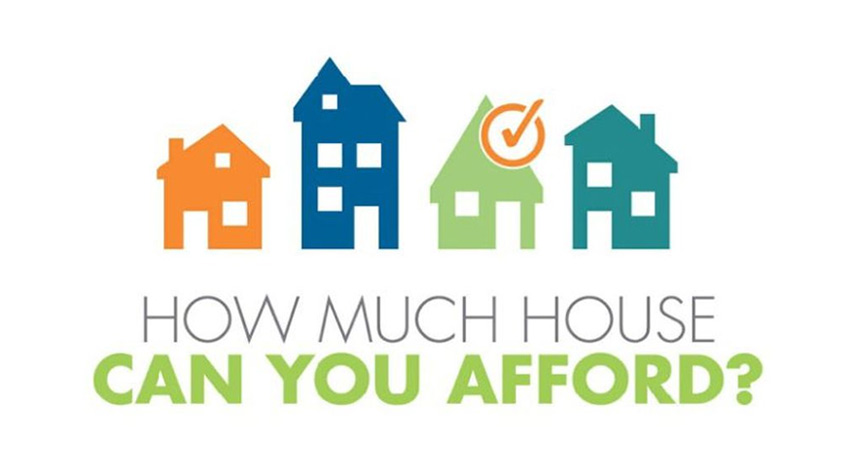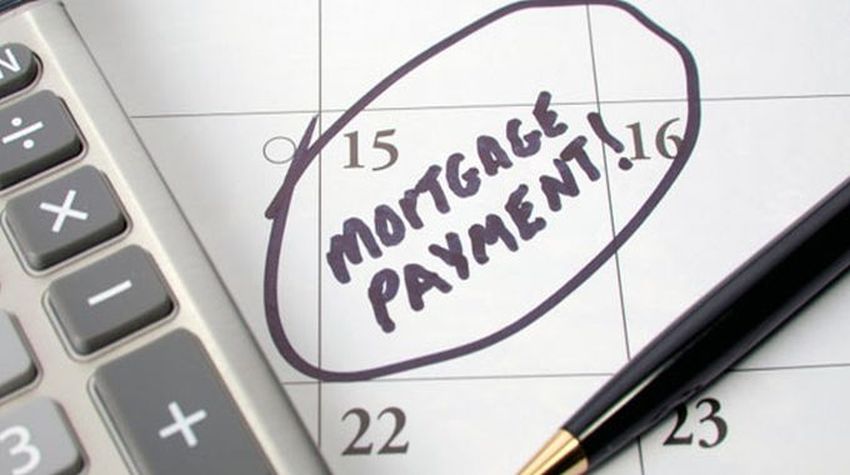Homeownership is a dream for many Canadians, but it can sometimes turn into a financial challenge when mortgage payments become difficult to manage. Whether due to unexpected financial setbacks, job loss, or other unforeseen circumstances, struggling to meet mortgage obligations is a stressful experience. In Ontario, there are specific steps and resources available to help homeowners facing mortgage payment difficulties. This article will provide a comprehensive guide on how to navigate these challenging situations and work towards a solution that keeps your home secure.
Assess Your Financial Situation
The first step in addressing mortgage payment difficulties is to gain a clear understanding of your financial circumstances. Create a detailed budget that includes all your income sources and monthly expenses. This will help you identify areas where you can cut costs and allocate more funds toward your mortgage payments. Additionally, compile a list of all your debts, including credit card balances, personal loans, and any outstanding bills.
Contact Your Mortgage Lender
Open and honest communication with your mortgage lender is crucial when facing payment difficulties. In many cases, lenders may be willing to work with you to find a solution. Contact your lender as soon as you anticipate or experience difficulties in making payments. Explain your situation and be prepared to provide documentation that supports your claim, such as proof of income changes or medical bills.
Payment Deferral
In response to financial hardships caused by the COVID-19 pandemic, the Canadian government introduced mortgage relief programs, allowing homeowners to defer their mortgage payments for a specified period. These programs may still be in effect or have been extended. Speak with your lender to explore the possibility of payment deferral, which can provide temporary relief by postponing your mortgage payments.
Loan Modification
If your financial difficulties are expected to be long-term or if you’ve fallen behind on your mortgage payments, discuss the possibility of a loan modification with your lender. Loan modification may involve changing the terms of your mortgage, such as extending the loan term, reducing the interest rate, or adding the missed payments to the end of the loan. Keep in mind that this option may impact the total interest you pay over the life of the loan, but it can make your monthly payments more manageable.
Seek Financial Counselling
Non-profit credit counselling agencies can provide valuable assistance in managing your finances and navigating mortgage payment difficulties. These agencies can help you create a debt management plan, negotiate with creditors, and offer advice on budgeting and financial planning. In Ontario, reputable agencies like Credit Canada and the Credit Counselling Society can provide these services.
Explore Government Assistance Programs
The Canadian government offers various programs to assist homeowners facing financial hardship. The Canada Mortgage and Housing Corporation (CMHC) administers some of these programs. The Homeowner Mortgage Assistance Program (HOAP) is designed to help eligible homeowners in Ontario who are at risk of losing their homes due to unforeseen circumstances. HOAP provides temporary financial assistance to cover mortgage arrears and property tax arrears.
Legal Advice & Mediation
If your mortgage lender is uncooperative or if you face foreclosure, it may be advisable to seek legal counsel. Consult with a lawyer experienced in real estate and foreclosure matters to understand your rights and options. Legal experts can negotiate with your lender on your behalf, explore legal defenses, and help you explore alternative solutions.
Mediation is another option to consider. Mediation involves a neutral third party who facilitates communication between you and your lender to find a mutually agreeable solution. The Financial Services Regulatory Authority of Ontario (FSRA) provides information on mediation services for homeowners facing foreclosure.
Investigate Refinancing
If you have built equity in your home and your credit is still relatively intact, consider refinancing your mortgage. Refinancing involves replacing your existing mortgage with a new one, often with more favorable terms. This can lower your monthly payments and provide you with extra funds to address your financial difficulties. However, refinancing may not be suitable for everyone, so it’s essential to evaluate the long-term implications before proceeding.
Sell Your Property
If all else fails and you cannot secure a workable solution to address your mortgage payment difficulties, selling your property may be the best course of action. While this can be a difficult decision, it can help you avoid foreclosure and protect your credit score. If you choose to sell, work with a real estate agent who specializes in distressed properties to expedite the process and maximize your home’s value.
Avoid Scams and Predatory Lending
When dealing with mortgage payment difficulties, it’s crucial to be wary of scams and predatory lending practices. Unfortunately, some individuals and organizations may take advantage of vulnerable homeowners. Be cautious of anyone offering “guaranteed” solutions that require upfront fees or seem too good to be true. Always verify the legitimacy of any organization or individual before seeking assistance.
Facing mortgage payment difficulties is a challenging situation, but it’s essential to remember that there are options and resources available to help you navigate this difficult time. Early communication with your lender, exploring government assistance programs, and seeking professional advice can all contribute to finding a solution that allows you to keep your home and regain financial stability. By taking proactive steps and seeking assistance when needed, homeowners in Ontario can work towards a brighter financial future even in the face o


